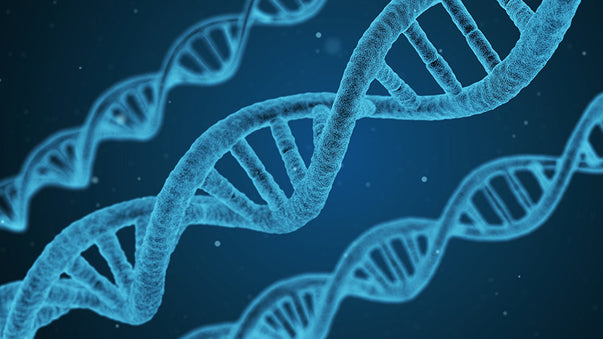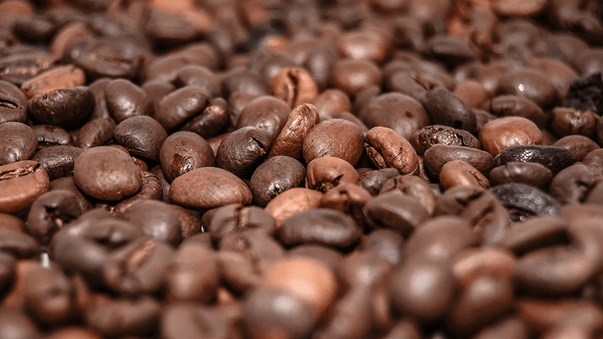The Brain, the Body, and the Heart

Welcome to another issue of Pulse, an exploration of human enhancement today and tomorrow, brought to you by Thrivous!
This issue covers the health benefits of spicy foods and common painkillers, next generation eyeglasses, future stem cell and anti-aging therapies, and more. As usual, we start with here-and-now news - you can test the health benefits of hot peppers right now - and gradually move to futuristic news, such as Elon Musk’s mega-super-woo plans to blend magic electronics in the brain.
One of the news items below is dedicated to the heart. Yes, believe it or not, future soft robots could wrap around the heart and make it work better.
In the meantime, there are existing ways to enhance your heart, routinely covered by our newsletter. You can take existing drugs, eat healthier, drink less and smoke less, exercise more. If you can go for a good walk in the woods right now, please do so.
But I wish to recommend also other, less physical therapies for the heart. Sometimes a focus on human enhancement can have a selfish connotation, and criticism is often justified. It’s much too easy to focus on you, yourself, and you again, and forget that there is a lot of unhappiness and suffering in the world. Perhaps you - yes, you - could do some big or little thing about that. Perhaps now. Always, always listen to the faint, almost silent voice of the heart, and let it guide you to make others happier. You will also be happier as a result.
OK, let’s plunge right in once again. Here is a roundup of top news emerged in the last two weeks, and less recent news worth recalling ...
Spicy food lovers, enjoy hot peppers to live longer! Researchers at the University of Vermont have found that consumption of hot red chili peppers is associated with a 13 percent reduction in total mortality, primarily in deaths due to heart disease or stroke. This fills my heart with joy as I live in Hungary, home of spicy food and hot peppers, but you can try Mexican or something. The study is published in PLoS ONE, an open access journal.
A common painkiller has significant anti-cancer properties. It’s worth dedicating a short flashback to a promising study published in January last year. An international team of researchers found that Diclofenac, a popular non-steroidal anti-inflammatory drug already thought to show promise in cancer prevention, could also be useful in actually treating cancer. I asked the opinion of an oncologist friend, who recommended to switch to Diclofenac-based painkillers for headache etc., “just in case.” I have done so, and found that Diclofenac is (at least) an effective painkiller.
One pair of glasses to rule them all. University of Utah engineers have created “smart glasses” with liquid-based lenses that can automatically adjust the focus on what a person is seeing, whether it is far away or close up. A first working prototype has been showcased at the Consumer Electronics Show (CES) in Las Vegas, and the research results have been published in Optics Express. Of course these next-generation glasses, which I am impatiently waiting for, will come with a dedicated smartphone app.
A protein that fine-tunes the cellular clock involved in aging has been found. The protein discovered by researchers at The Scripps Research Institute, dubbed TZAP, regulates the length of telomeres, the segments of DNA that protect chromosome ends and set the lifespan of cells in the body, dictating critical processes such as aging and the incidence of cancer. The study is published in Science. The researcher said that the study opens up a lot of new and exciting questions, which indicates that, while more research is needed before thinking of clinical applications, the findings are promising.
Synthetic stem cells are a promising alternative for stem cell therapies. American and Chinese scientists have developed synthetic cardiac stem cells. While stem cell therapy is considered as a promising strategy in regenerative medicine, it needs timely and careful preparation, and is thought to carry health risks. The researchers have found that synthetic stem cells, which don’t have to be derived from the patient’s own cells, are as good as natural stem cells for therapy, much more durable and resilient, and could reduce some of the health risks. The open access study is published in Nature Communications. The scientists are persuaded that their research work could open the way to a truly off-the-shelf stem cell product able to provide the benefits of stem cell therapy without the risks.
A robotic sleeve for the heart. Researchers in Boston have developed a soft robotic sleeve that fits around the heart and helps it beat, potentially opening new treatment options for people suffering from heart failure. The study is published in Science Translational Medicine. According to the scientists, their exciting proof-of-concept results demonstrate that the device can safely interact with soft tissue and lead to improvements in cardiac function. The researchers envisage future clinical applications to transplants, cardiac rehabilitation and recovery.
Neural lace coming, courtesy of Elon Musk. Musk - the prime force behind Tesla electric cars and SpaceX rockets - tweeted that he could announce progress on “neural lace” - mesh electronics that can be injected in the brain to interface electronic and biological circuitry - as soon as next month. American and Chinese researchers demonstrated first promising neural lace research results on laboratory mice. Future neural lace technology could permit increasing memory and intelligence with neural co-processors, achieving brain-to-brain interfaces (aka telepathy) with brain implants wirelessly connected to the cloud, and even backing up the brain for mind uploading.
More Articles
Don't miss a beat! In our Pulse Newsletter, Thrivous curates the most important news on health science and human enhancement, so you can stay informed without wasting time on hype and trivia. It's part of the free Thrivous newsletter. Subscribe now to receive email about human enhancement, nootropics, and geroprotectors, as well as company news and deals.
Read more articles at Thrivous, the human enhancement company. You can browse recent articles in Thrivous Views. See other Pulse Newsletter articles. Or check out an article below.
-
The Brave New World of CRISPR
The first issues of Pulse have received good reactions. So, Pulse becomes a weekly newsletter starting with this issue. Now ...
-
Caffeine and L-Theanine for Focused Energy
Caffeine (caféine or كافيين), whether in caffeinated beverages like coffee and tea, or in caffeine pills, is probably the most widely ...


